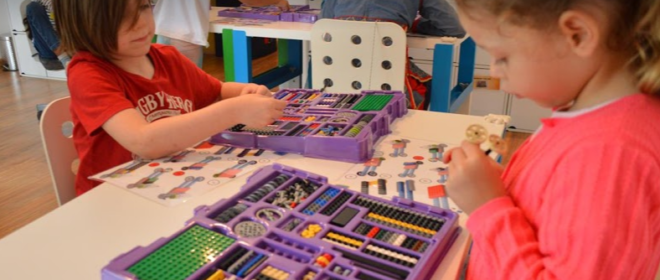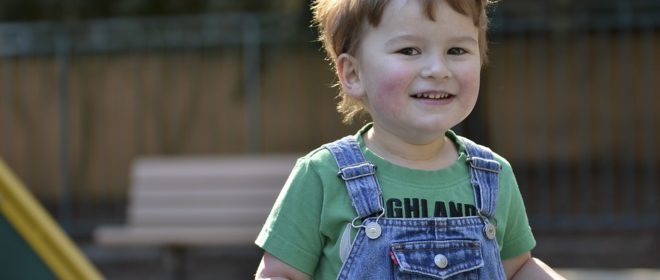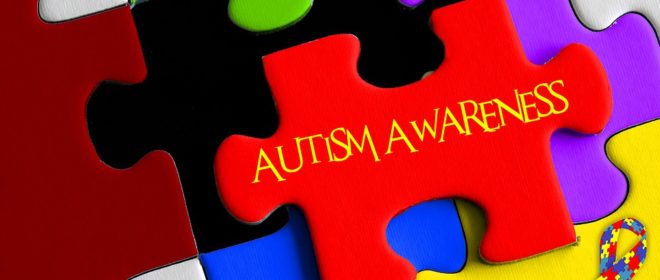Anxiety is a common problem faced by both children and adults, but the situation becomes even more complicated when dealing with an autistic child.
In fact, the relationship between autism and anxiety is quite strong, such that most autistic children often exhibit different traits of anxiety, including emotional outbursts, social withdrawal traits, self-injury, dependency on schedule, and over-stimulation.
Handling anxiety in autistic children is a very critical issue but the good news is that it is manageable.
In this post, we will be examining the 5 techniques you can employ to manage anxiety in an autistic child:
Find Out The Triggers
You can’t manage it properly unless you have an idea of what the triggers are...











